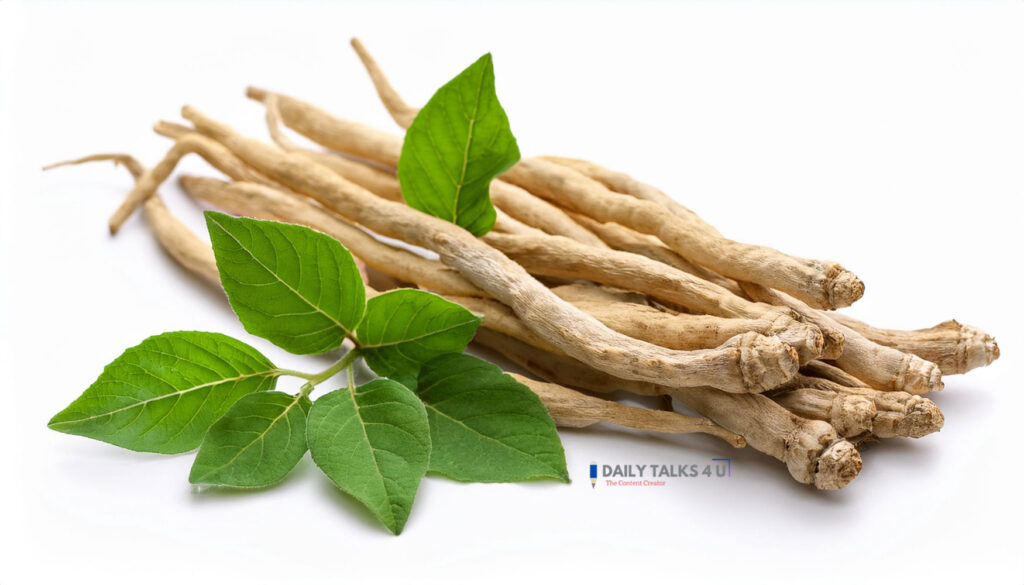1.Rice with Red Yeast
A supplement called red yeast rice is created by fermenting rice with a particular kind of mold. Some of its constituents, such as monacolin K, are similar to those found in the prescription medication lovastatin, which lowers low-density lipoprotein (LDL) cholesterol. However, there’s a chance of severe adverse effects, such as liver damage. Extracts from red yeast rice that have extra or improved lovastatin have been prohibited by the FDA. Unlike pharmaceutical companies, supplement producers are exempt from proving to the FDA that their goods are safe and effective. Red yeast rice may therefore appear to be a safe substitute for statins, but it is dangerous due to the possible effects on the liver. Asking your doctor about safe and effective natural cholesterol-lowering methods will help you make an informed decision.

2. Chaparral
Chaparral is marketed as a detox supplement and natural remedy for various ailments. Chaparral, derived from the leaves of a desert shrub known as creosote in the southwestern United States and Mexico, has been utilized in Native American medicine for generations. However, it has been associated to serious and permanent liver damage. In other cases, the persons who ingested chaparral required an emergency liver transplant. While these serious liver injury cases are uncommon, the FDA has warned against eating or injecting chaparral. Chaparral may be more likely to cause issues if you take certain medications, such as those that impact your liver or kidneys. Jaundice, fatigue, and stomach ache are all possible side effects of chaparral consumption.
Those effects commonly appeared within three to twelve weeks of beginning to take chaparral daily or increasing the dosage.
3. High Vitamin A Dosage
The antioxidant vitamin A helps your vision, immunity, and many other organs in your physique. However, too much of it might be harmful to your liver and other organs. This is why: Your body accumulates vitamin A, and you don’t want to accumulate too much of it. Excessive vitamin A supplementation may induce headaches, nausea, dizziness, and liver damage. High-dose beta-carotene supplements, which are a type of vitamin A, may also raise the risk of lung cancer among smokers, former smokers, and asbestos victims.
Certain fish (particularly salmon), spinach, carrots, melons, and apricots are healthier sources of vitamin A. Think of green, orange, and yellow fruits and vegetables. If you still believe you require a supplement, keep to the prescribed dosage. Food is typically recommended by health experts as the primary source of nutrients.
4. Pennyroyal
Pennyroyal is a herb that has long been used in traditional medicine, but in some forms it can be dangerous, even fatal, to the liver. Pennyroyal oil, in particular, is deadly, having been linked to incidences of toxic liver injury, multiorgan failure, cardiovascular collapse, and death within hours of consumption – even at low doses.
Liver poisoning cases connected to pennyroyal oil use stretch back over a century. Pennyroyal oil intoxication can cause the same liver damage as an acetaminophen overdose. Taking pennyroyal while also taking acetaminophen increases the risk of liver damage. Because of the life-threatening hazards, authorities advise against consuming pennyroyal oil orally.
5. Ashwagandha
Ashwagandha is a herb that some people use to relieve stress or anxiety, as well as for overall health. It has long been used in Ayurvedic medicine and is generally seen to be safe, however some patients have suffered liver damage after taking ashwagandha pills. It is not always evident what is contained in commercially available supplements. These kinds of scenarios are very rare, but it is important to be aware of the risks related to herbal supplements, as with any other kind of medication. Liver damage symptoms include jaundice, itching, nausea, tiredness, and abdominal discomfort. If you experience any of the symptoms listed above, especially while taking ashwagandha, get medical assistance immediately. Before using any new supplement, always consult with your doctor, especially if you have any liver concerns.

6. Green Tea Extract
Green tea extract is popular for its antioxidant properties and fat-burning benefits. However, when taken in high doses, it may become toxic to the liver. Some individuals have experienced liver inflammation and even liver failure linked to concentrated forms of the extract. The problem often lies in supplements, not traditional brewed green tea. Always follow dosage recommendations and consult a healthcare provider before use.
7.Niacin (Vitamin B3)
Niacin is commonly used to manage cholesterol and support metabolic health. In high doses, especially sustained-release forms, it can cause liver toxicity. Symptoms may include elevated liver enzymes, jaundice, and nausea. Although niacin has medical benefits, it should be taken only under doctor supervision at high doses. Liver function tests are often recommended during extended niacin therapy.
8.Black Cohosh
Black cohosh is a popular remedy for menopausal symptoms like hot flashes and mood swings. Some users have reported liver damage, including hepatitis and liver failure, although the exact mechanism remains unclear. Not all studies confirm a direct link, but caution is advised. The risk may be higher when using unregulated products or combining with other liver-affecting substances. Consult your doctor if considering this herb, especially for long-term use.
9. Anabolic Steroid Supplements
Anabolic steroids and steroid-like supplements are sometimes used to build muscle and enhance athletic performance. These substances can place extreme stress on the liver and have been linked to liver tumors and a condition called peliosis hepatis. Liver enzyme levels may rise significantly with prolonged use. Additionally, many such products are unregulated or illegally sold. Liver damage from steroids can be severe and long-lasting.
10. Comfrey
Comfrey is a plant traditionally used for treating wounds, inflammation, and digestive issues. It contains pyrrolizidine alkaloids which are toxic to the liver and may cause veno-occlusive disease—a condition that blocks blood flow in the liver. Internal use of comfrey is banned in many countries due to its high toxicity. Even topical use can be risky if absorbed through broken skin. Avoid internal consumption of comfrey in any form.
FAQ’s
- Which supplements are most commonly linked to liver damage?
- How do these supplements damage the liver?
- What causes liver damage quickly?
- What drug damages the liver the most?
- Is ashwagandha bad for the liver?
- What herbs to avoid liver?










